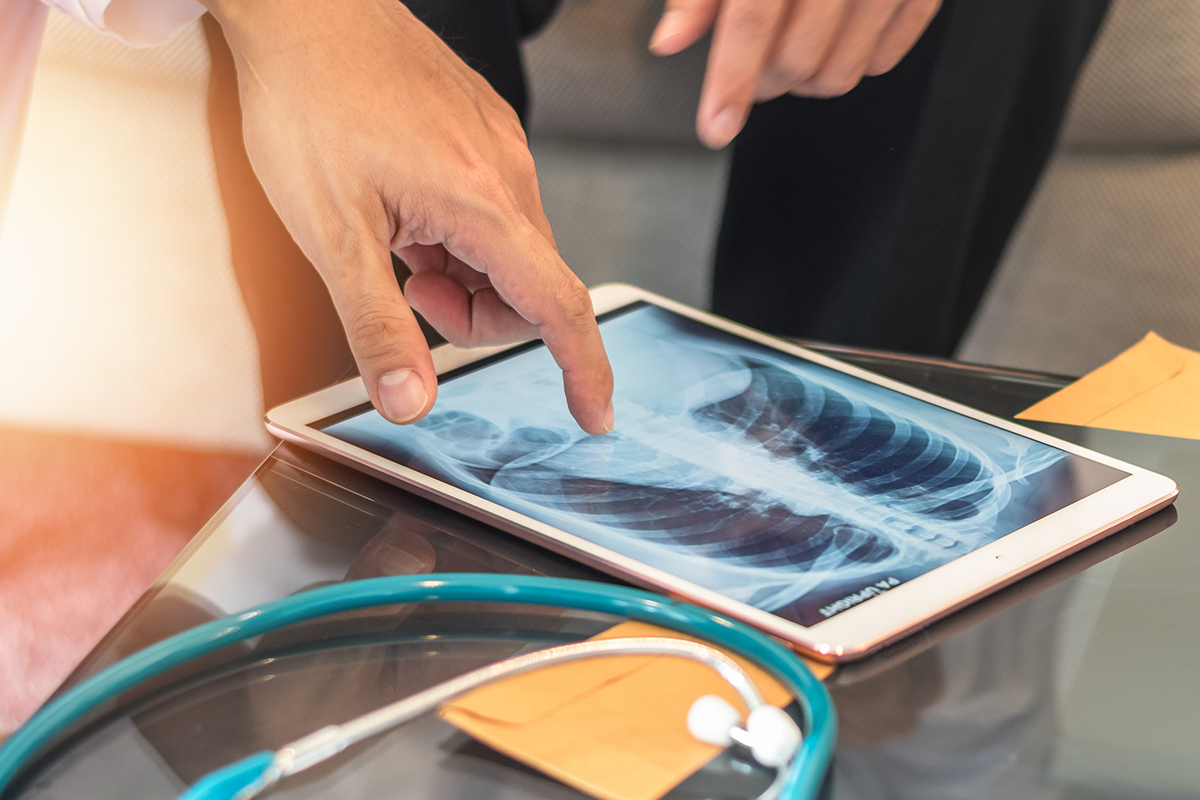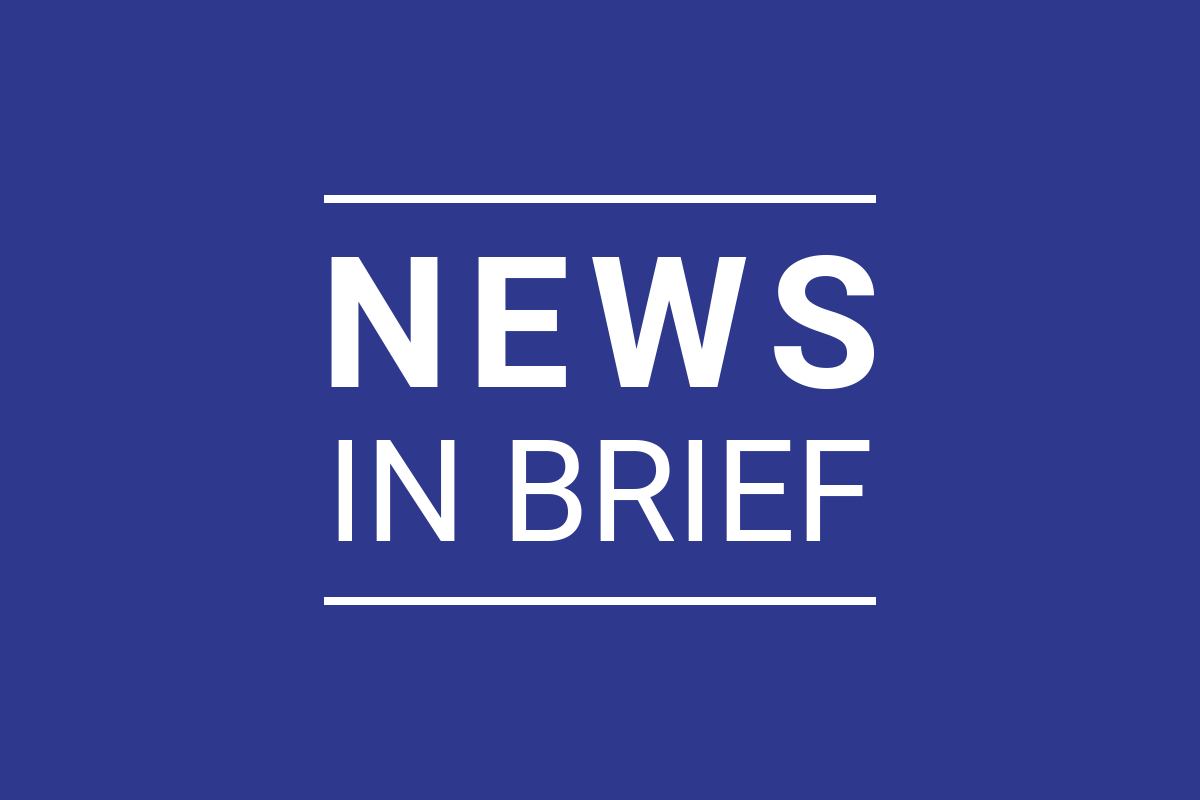
Now Enrolling: EA5181 for Patients with Stage 3 Non-Small Cell Lung Cancer
June 10, 2020
News in Brief, July 2020
July 29, 2020From the Co-Chairs, June 2020


By Peter J. O’Dwyer, MD (left), and Mitchell D. Schnall, MD, PhD
How odd not to be in Chicago as May rolls into June! And yet the presence of ECOG-ACRIN at ASCO was as strong virtually as it has been historically in person. We celebrate two Plenary presentations, delivered with confident grace by Drs. Seema Khan and Shaji Kumar, in breast cancer and myeloma, respectively. Seema’s presentation emphasizes the engagement of surgical oncologists in the activities of ECOG-ACRIN, while Shaji’s underlined the need for careful assessment of purported advances in the treatment of myeloma. More on these two presentations later in this newsletter, but we would point out here that both of the trials were formally negative, yet each will have an enormous impact both in the management of breast cancer and myeloma patients, as well as in defining productive directions for future research. We are fortunate to have these two rays of light at a time of great turmoil, sadness, and anger in our society.
The horrific killing of George Floyd cannot pass into obscurity as the news cycle turns its focus elsewhere. We especially in ECOG-ACRIN, where health equity and diversity is one of our Specific Aims, and where our senior leadership includes colleagues of African-American heritage, cannot be complacent in the face of a global reassessment of race and bias. We have a responsibility to seize this moment, to assess where our contribution to justice may be, and that perhaps through that effort, society can begin to atone for the many, many predecessors who have met abuse or death in similar circumstances. Where do we look first in the quest to expunge racism? First, within ourselves, surely. This is a difficult task, to try to understand where what we might regard as simple preferences, can expand to the choices we make personally or professionally, choices that may deny access or equality of opportunity to those who may look different. For those interested in joining us in such self-assessment, we will make available an interactive session on unconscious bias. The details are being developed at the time of writing, and will be communicated soon.
Second, within our workplaces and institutions. There is no quantity of by-laws, regulations, or operating procedures that can establish equality if that concept is not embraced by the individuals who make up the institution. Indeed, we can state with some conviction that the top-down approach cannot work here, and that all of us who are the institution must work together if progress is to be made. To understand how others view the world, we use dialogue – our meetings with colleagues and even patients every day reflect that reality: we rarely have race and racism at the center of the discussion, and we hope that that can change. In ECOG-ACRIN, we will expand the focus of the Health Equity Committee, led by Drs. Simon and Mitchell, to look inward to our membership, in addition to its usual focus on patients. A New Testament verse says, “Physician, heal thyself” – we broaden that enjoinder to “Health Care Research Professionals, heal ourselves” as a change first step to understanding. Through effort, we can advance understanding and empathy, from which we would collectively espouse ECOG-ACRIN change, not just a tolerant environment, but a specifically anti-racist culture.
Third, we must and will ramp up our quest to increase diversity and inclusion in this Group. In addition to our current partnership with the National Medical Association (and their Past-President Dr. Mitchell) to bring minority students, residents, and fellows to our Group Meetings, we ask you our members to reach out and invite the participation of minority colleagues. Each of us is an agent of change, and in our (relatively) small organization, our quest for diversity can be a small step toward the greater goal of eliminating racism from society. We will welcome the responses and suggestions of our members at this important time. This cannot be a short-term commitment on the part of ECOG-ACRIN, and we are committed to long term engagement. However, we see this event and the public response to it as a potential inflection point in race relations and civil rights, one not to be wasted. Not only is this ethically the Right thing to do, but for ECOG-ACRIN, it is the Best thing to do.
Read the June 2020 issue here.![ECOG-ACRIN logo[19516]275×75](https://blog-ecog-acrin.org/wp-content/uploads/2021/03/ECOG-ACRIN-logo19516275x75.png)
